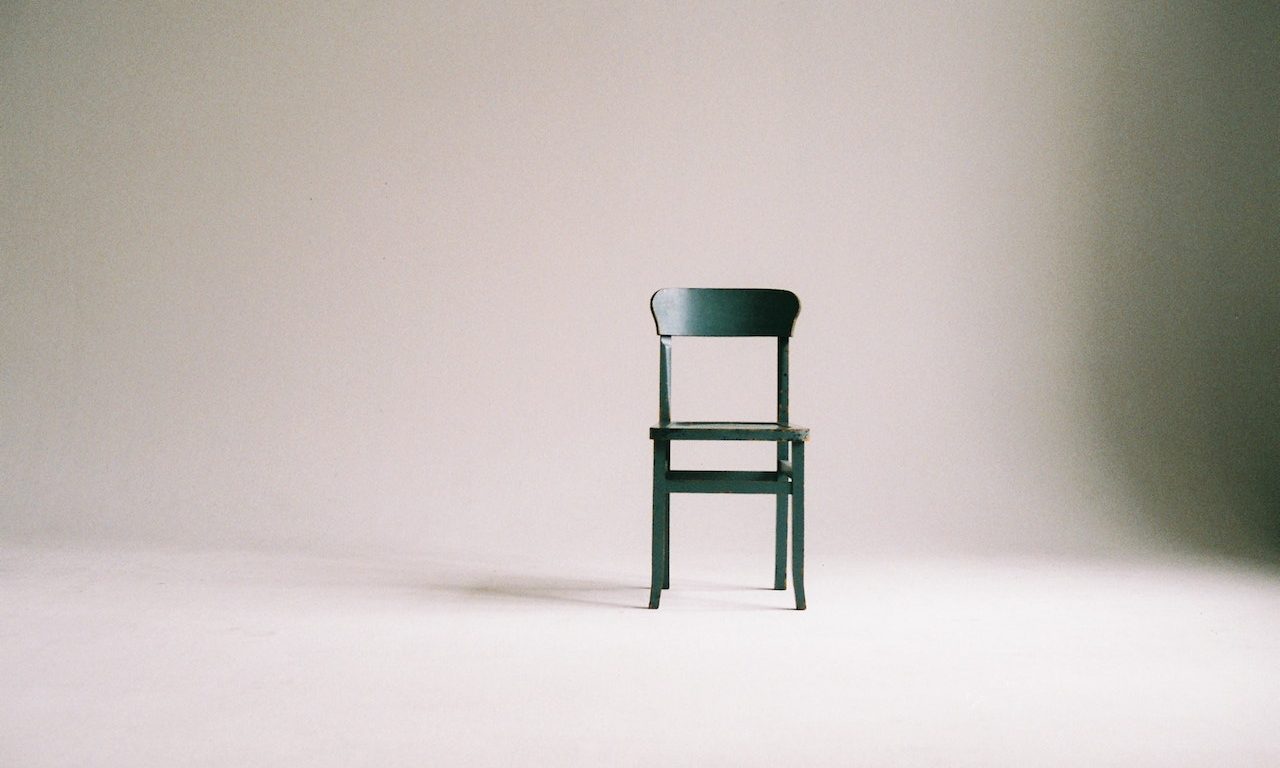Minimalism is a lifestyle and philosophy that emphasizes living with less, simplifying, and reducing clutter in order to focus on what’s most important. It’s about getting rid of excess and embracing simplicity, both in terms of material possessions and in terms of the way we live our lives.
While minimalism is often associated with a simple, uncluttered home, it can also be applied to other areas of life, such as work, finances, and relationships. By embracing minimalism, we can simplify our lives and focus on what’s most important, resulting in a variety of benefits.
One of the main benefits of minimalism is increased simplicity and clarity. By getting rid of excess clutter and possessions, we can simplify our lives and make space for what’s most important. This can lead to increased clarity and focus, and can help us feel less overwhelmed and stressed.
Minimalism can also help to reduce waste and consumption. By living with less and being mindful about what we bring into our lives, we can reduce our impact on the environment and save money. This can be particularly important in an era of excess and overconsumption, where we often feel pressure to buy more and accumulate more possessions.
Another benefit of minimalism is increased freedom and flexibility. By living with less, we can be more mobile and have fewer possessions to worry about, which can give us greater freedom and flexibility. We may be able to work remotely or travel more easily, and we won’t be tied down by the burden of maintaining and storing excess possessions.
Minimalism can also lead to increased happiness and contentment. By focusing on what’s most important and letting go of unnecessary possessions, we can create a sense of peace and contentment in our lives. This can help us to feel more fulfilled and satisfied, and can lead to increased happiness and well-being.
So, how can you start living a more minimalist lifestyle? Here are a few tips:
- Start by decluttering your space: Take some time to go through your possessions and get rid of anything that you don’t use or love. Consider the value that each item brings to your life, and let go of anything that doesn’t serve a purpose or bring you joy.
- Be mindful about what you bring into your life: Before you buy something new, ask yourself if it’s something that you truly need or if it’s just something that you want. Be mindful about your consumption and consider the impact it has on the environment and your wallet.
- Simplify your daily routine: Consider ways to simplify your daily routine, such as simplifying your wardrobe, cooking meals at home, or creating a daily to-do list. By simplifying your daily routine, you can reduce stress and focus on what’s most important.
- Focus on experiences, not possessions: Instead of accumulating more possessions, consider focusing on experiences and relationships. These things tend to bring greater happiness and fulfillment than material possessions.
Minimalism can bring a variety of benefits, including increased simplicity and clarity, reduced waste and consumption, increased freedom and flexibility, and increased happiness and contentment. By decluttering your space, being mindful about what you bring into your life, simplifying your daily routine, and focusing on experiences and relationships rather than possessions, you can start living a more minimalist lifestyle. It may take some time to adjust to a more minimalist mindset and way of living, but the benefits are well worth it.
By simplifying your life and focusing on what’s most important, you can create a sense of peace and contentment that will help you live a more fulfilling and satisfying life.

